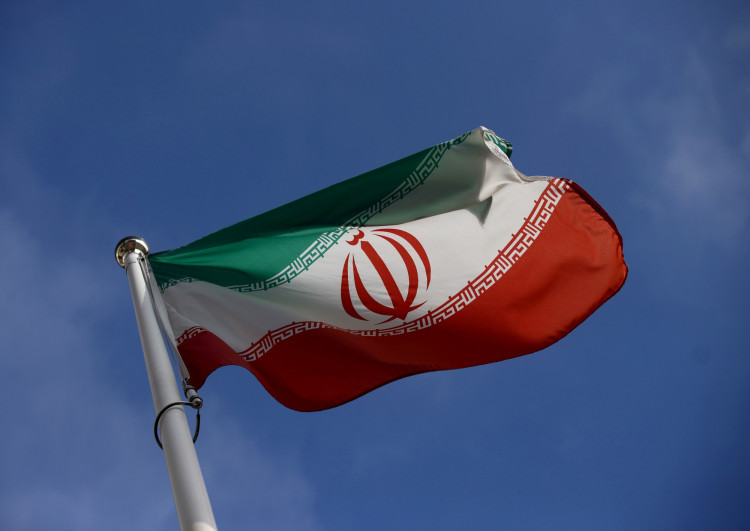Tehran is pushing for what it calls a "real and fair" nuclear agreement as U.S.-Iran negotiations are set to begin Saturday in Oman, a Gulf nation long positioned as a mediator between the two adversaries. The talks follow months of growing tensions and come amid direct threats of military action from President Donald Trump.
"Far from putting up a show and merely talking in front of the cameras, Tehran is seeking a real and fair agreement," Ali Shamkhani, senior adviser to Supreme Leader Ayatollah Ali Khamenei, said Friday on X. "Important and implementable proposals are ready."
The meeting, which Trump characterized as "direct talks," was described by Iran's foreign minister as "indirect high-level talks through a mediator." The U.S. delegation will be led by Special Envoy Steve Witkoff, who earlier met Russian President Vladimir Putin in Moscow. Iran will be represented by Foreign Minister Abbas Araghchi.
Trump confirmed earlier this week that he had sent a letter to Khamenei urging negotiations, warning that failure to engage could trigger military intervention. "If it requires military, we're going to have military," Trump said. "Israel will obviously be very much involved in that... But nobody leads us. We do what we want to do."
Iran, while publicly denying it seeks nuclear weapons, has increasingly threatened to pursue such capabilities if provoked. In response to U.S. threats, Tehran warned it could expel United Nations nuclear inspectors, a move Washington labeled an "escalation."
U.S. intelligence agencies maintain that Iran has not begun building a nuclear weapon but has "undertaken activities that better position it to produce a nuclear device, if it chooses to do so," according to The Associated Press.
A report in The New York Times Friday revealed the internal pressure that pushed Khamenei to accept talks. According to the article, two senior regime officials warned the Supreme Leader that continued stalemate could lead to a joint U.S.-Israeli strike on Iran's key nuclear sites. Hossein Mousavian, a former diplomat involved in the 2015 nuclear deal, told the Times, "Mr. Khamenei's turnaround demonstrates his long-held core principle that 'preserving the regime is the most necessary of the necessities.'"




